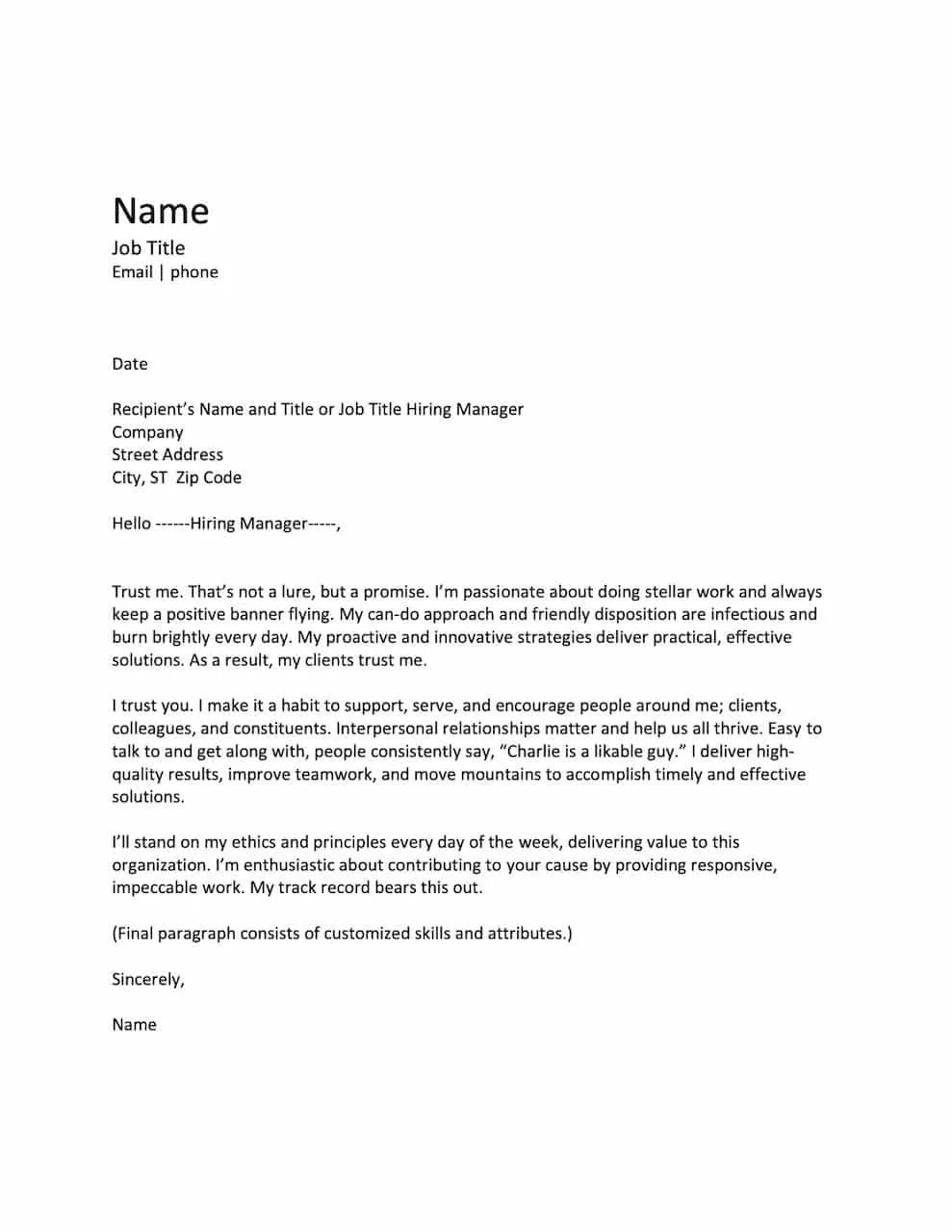Cover Letter: The Power of Words
A cover letter is your first impression. It’s the first interaction you have with a potential employer. As such, the verbiage you use can significantly impact whether your application is read, considered, and ultimately leads to an interview. Crafting a compelling cover letter involves selecting the right words and phrases to showcase your skills, experience, and enthusiasm. The most effective cover letters go beyond simply listing your qualifications; they tell a story, demonstrate your value, and entice the reader to learn more. This article explores top 5 powerful phrases you must use in your cover letter.
Highlighting Your Skills
One of the first steps in using impactful verbiage is to clearly and concisely highlight your skills. Don’t just list skills; demonstrate how you’ve used them to achieve results. Use action verbs and provide specific examples. For instance, instead of stating ‘proficient in project management,’ you might say, ‘Successfully managed cross-functional teams on five projects, delivering them under budget and ahead of schedule.’ This approach makes your skills tangible and relevant to the job requirements, which are crucial to any hiring manager. The most important is to showcase your core competencies with impactful language, such as strategic thinking, problem-solving, and leadership.
Quantifying Achievements
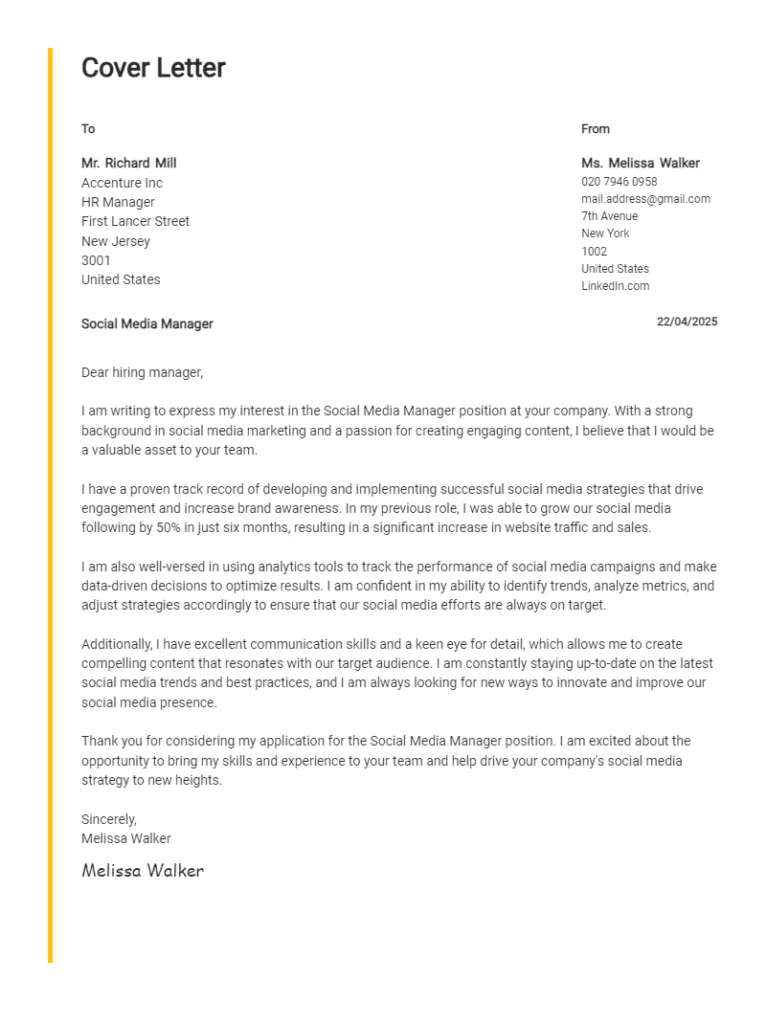
Numbers speak louder than words when it comes to achievements. Whenever possible, quantify your accomplishments to demonstrate your impact. Use metrics to showcase your success and provide concrete evidence of your value. Instead of saying ‘Improved sales,’ write ‘Increased sales by 20% within one quarter.’ Instead of ‘Managed customer service,’ write ‘Reduced customer complaints by 30% through improved training and process optimization.’ Quantifying achievements adds credibility and demonstrates your ability to drive tangible results. By using this approach, you will create a memorable impression.
Demonstrating Enthusiasm
Enthusiasm can significantly influence whether you get the job. Employers want to hire individuals who are passionate about the role and the company. Express your enthusiasm by using phrases that convey your excitement and interest. Instead of a generic ‘I am interested in this position,’ try ‘I am particularly excited about the opportunity to…’ or ‘I am eager to contribute my skills to…’ This proactive language shows that you are genuinely invested in the opportunity. Remember to tailor your enthusiasm to the specific role and company, demonstrating your research and understanding of their mission and values. Your enthusiasm is a great factor of getting a callback.
Expressing Gratitude
A simple show of gratitude can go a long way. Begin and end your cover letter with expressions of thanks. Start by thanking the hiring manager for their time and consideration. At the end of the letter, express your appreciation for the opportunity to apply and reiterate your interest in the role. This shows respect and professionalism, making you more memorable. Even a simple ‘Thank you for your time and consideration’ at the beginning and end can set a positive tone and leave a lasting impression. Showing gratitude shows that you are respectful of the hiring process.
Showcasing Professionalism
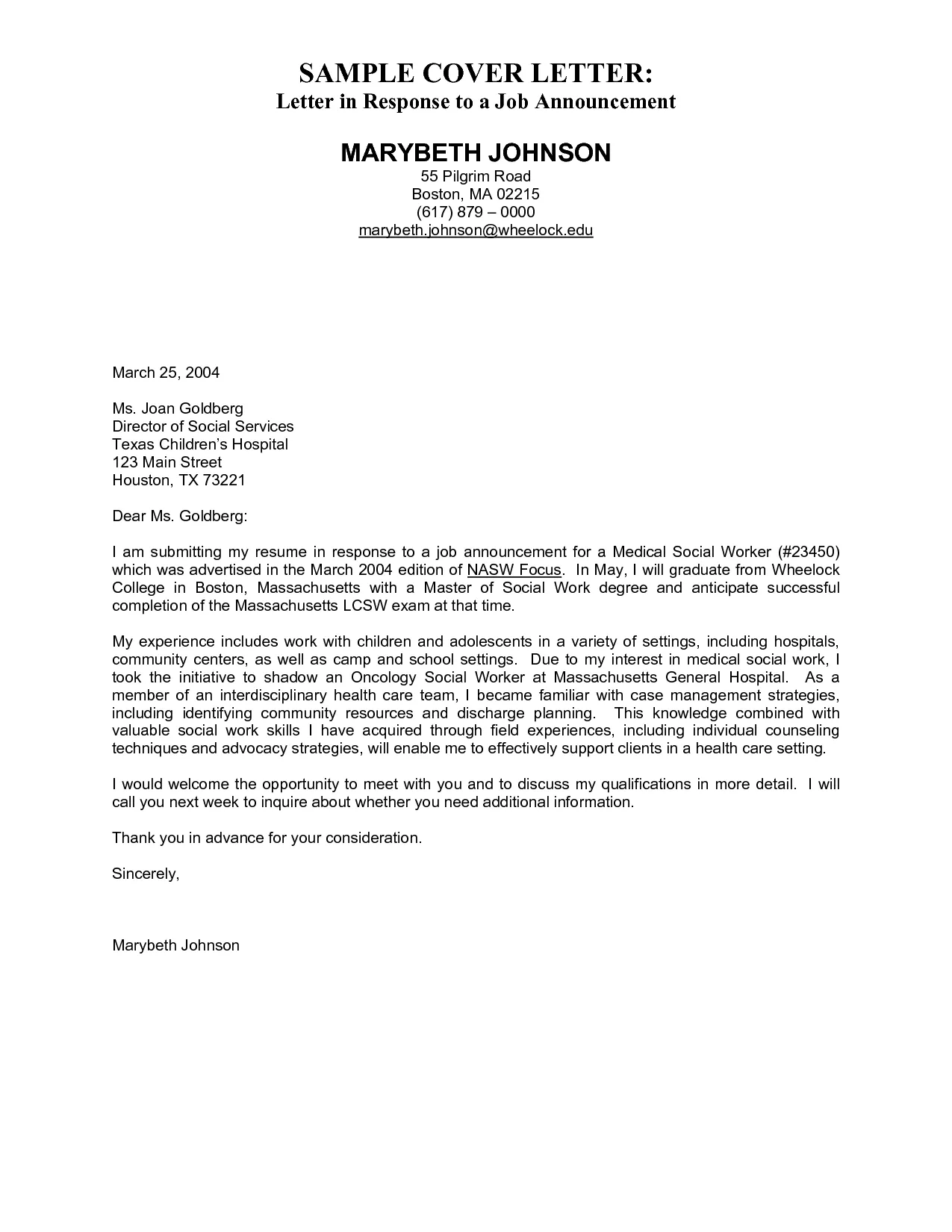
Professionalism is key in any professional communication. Use formal language, avoid slang or jargon, and maintain a professional tone throughout your cover letter. Pay attention to grammar and punctuation, as errors can undermine your credibility. Showcasing professionalism starts with your greetings and closings. Instead of informal greetings, use ‘Dear Mr./Ms./Mx. [Last Name]’ and end your letter with ‘Sincerely’ or ‘Respectfully.’ This attention to detail demonstrates your commitment to the role and the company. Showcasing professionalism means to show that you are going to give the best results.
Cover Letter: Crafting Your Message
Understanding the Job Description
Before writing your cover letter, thoroughly read and understand the job description. Identify the key requirements, skills, and qualifications the employer is looking for. Tailor your letter to directly address these needs. Use the same keywords and phrases from the job description to demonstrate that you meet the criteria. This helps the hiring manager quickly see that you are a good fit for the role and company. Show that you have understood their requirements and that you are the best fit to the job. Understanding their requirements is a key factor in getting the interview.
Tailoring Your Letter
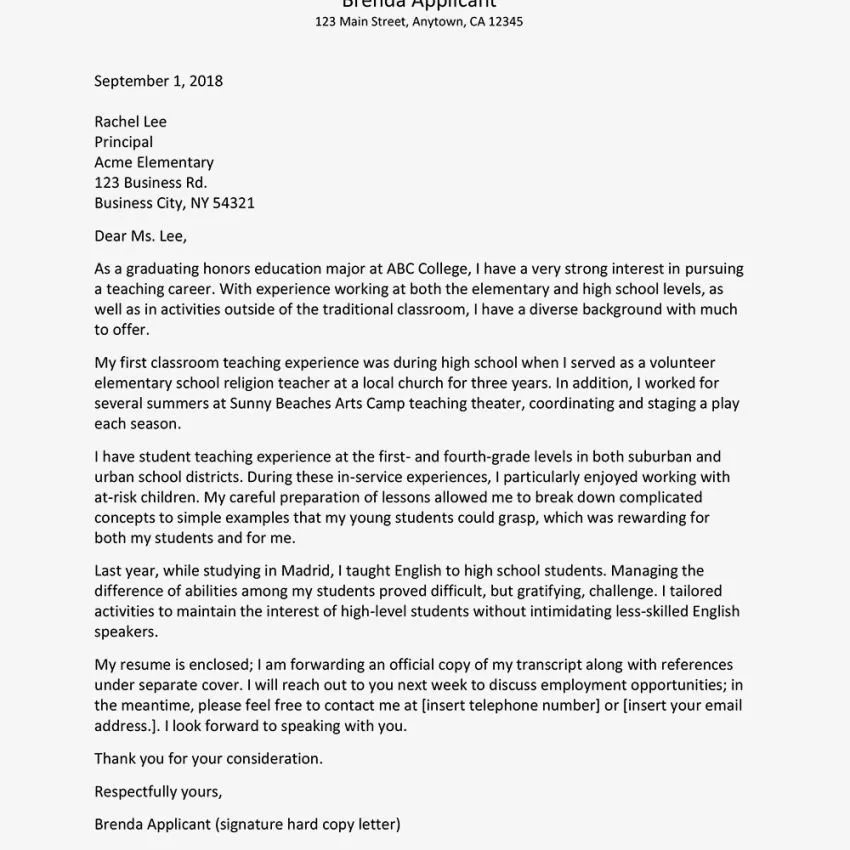
A generic cover letter is unlikely to impress. Customize your cover letter for each job application. Address the specific requirements of the role and highlight how your skills and experience align with the company’s needs. Mention specific projects, accomplishments, or experiences that are relevant to the job. This shows that you have invested time and effort in the application and that you are genuinely interested in the position. Tailoring your letter ensures that your cover letter is relevant to the job you are applying for.
Maintaining a Professional Tone
Throughout your cover letter, maintain a professional tone. Use formal language, avoid slang or casual expressions, and ensure your writing is clear and concise. Use active voice to keep your writing engaging and impactful. Proofread your letter carefully to catch any grammatical errors or typos. Your goal is to present yourself as a polished, professional candidate. A professional tone is crucial to the impression that you create. Your goal is to create a professional impact to the hiring manager and give yourself the best chance of getting the job.
Cover Letter: Avoiding Common Mistakes
Generic Statements
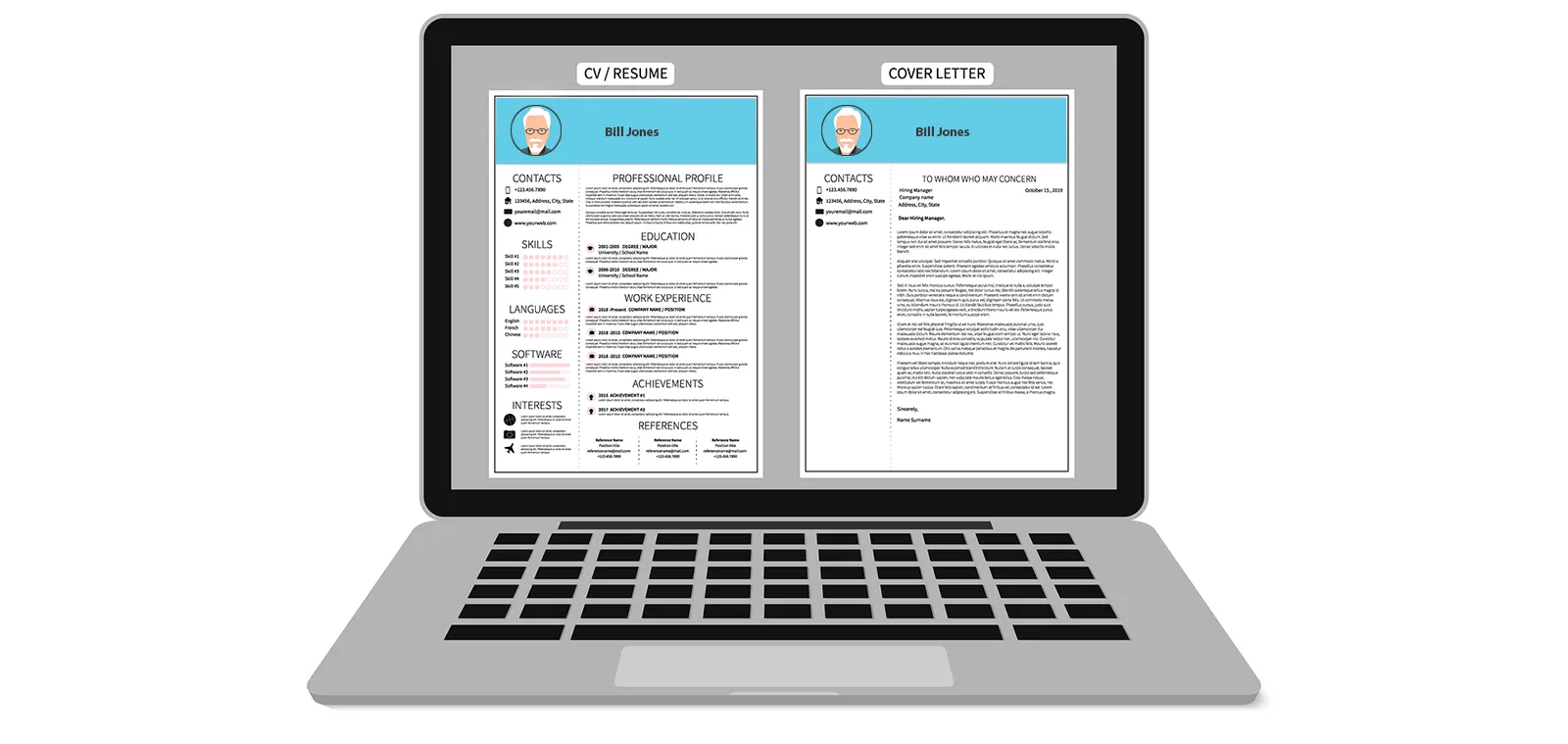
Avoid generic statements that could apply to any job or company. Your cover letter should be specific to the position and the organization. Use specific examples of your skills, achievements, and how you can contribute to the company. Avoid phrases like ‘I am a hard worker’ or ‘I am a team player.’ Instead, provide evidence of your hard work and teamwork. These statements don’t offer anything specific to the recruiter or hiring manager. Be specific, and tailor your statements to the role and company you are applying for.
Typos and Grammatical Errors
Typos and grammatical errors can immediately undermine your credibility. Always proofread your cover letter carefully before submitting it. Consider having someone else review it as well, as a fresh pair of eyes can often catch mistakes you might miss. Use a spell checker and grammar checker, but don’t rely on them entirely. Pay attention to the details, such as punctuation, capitalization, and sentence structure. Remember to always review for these errors, as they can lead to disqualification in the hiring process.
Overuse of ‘I’
While your cover letter is about you, avoid overusing the word ‘I.’ This can make your letter sound self-centered. Instead, focus on the value you can bring to the company and use phrases that highlight your achievements and contributions. Use action verbs and showcase the results of your work. Instead of saying ‘I managed a team,’ write ‘Managed a team of 10, increasing productivity by 15%.’ Focus on the impact you made, not just your actions. This showcases your accomplishments in a much more effective way.
Cover Letter: Maximizing Impact
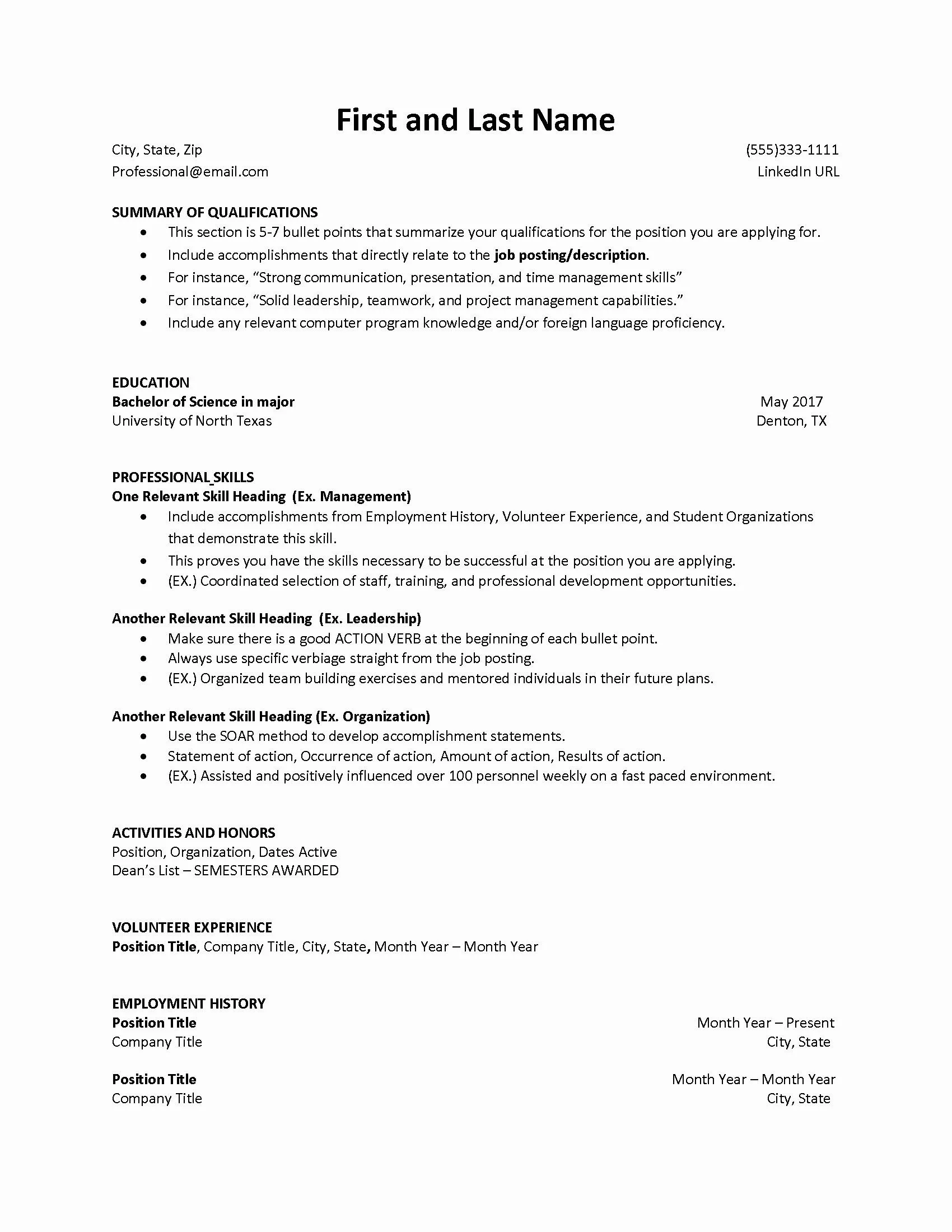
Formatting and Readability
Ensure your cover letter is easy to read. Use a professional font, such as Times New Roman or Arial, and maintain a consistent font size. Use clear headings and subheadings to break up the text and make it easier to scan. Keep paragraphs concise and use bullet points when listing skills or achievements. The format is a key factor for the reader and should always be easy to follow. Make it easy for the reader to understand the message and grasp the most important information.
Call to Action
Include a clear call to action in your cover letter. Let the hiring manager know what you want them to do next, such as scheduling an interview. Encourage them to contact you to discuss the opportunity further. This shows your proactive approach and your genuine interest in the role. You can end with phrases such as ‘I look forward to hearing from you’ or ‘I am eager to discuss my qualifications in an interview.’ Provide the information required to contact you so that they know how to contact you.
Proofreading
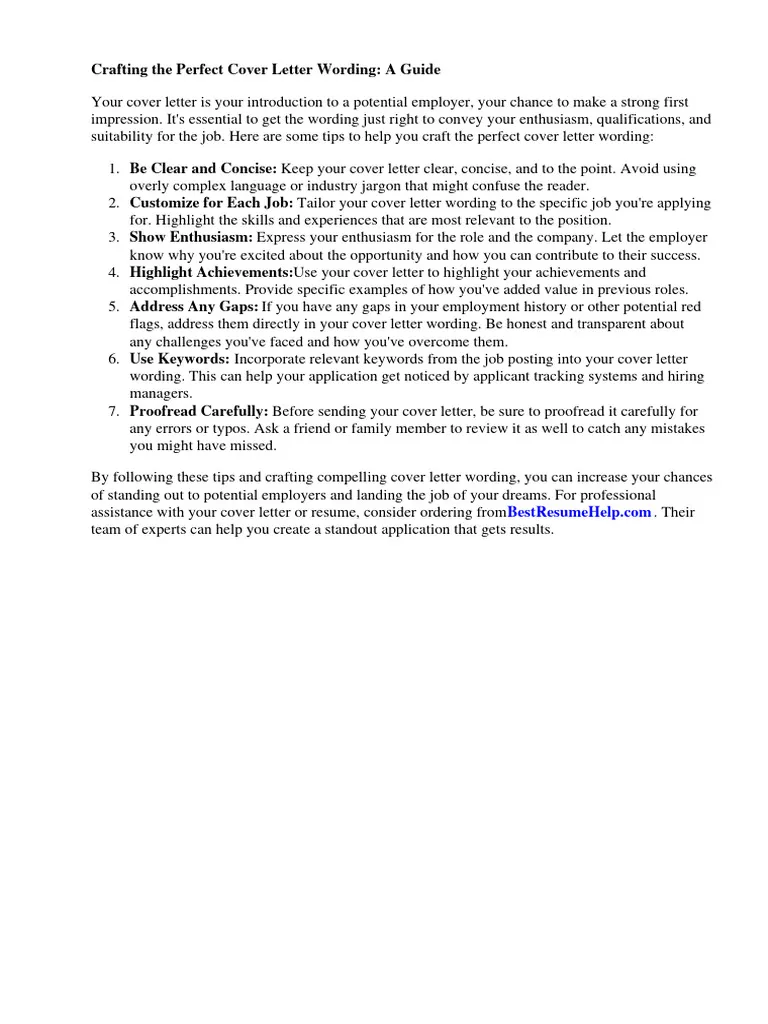
Proofread your cover letter multiple times to ensure it is free of errors. Check for spelling mistakes, grammatical errors, and typos. Consider having someone else review your letter as a second pair of eyes can often catch mistakes you might miss. Proofreading is essential to present yourself as a professional candidate who pays attention to detail. This is one of the most important parts of writing a cover letter. Always proofread to give yourself the best chance of getting the job.
By mastering the art of cover letter verbiage, you can significantly increase your chances of landing an interview. Focus on highlighting your skills, quantifying your achievements, demonstrating enthusiasm, expressing gratitude, and showcasing professionalism. Remember to craft your message carefully, avoid common mistakes, and always proofread your letter. With the right words, you can make a lasting impression and secure your dream job.
